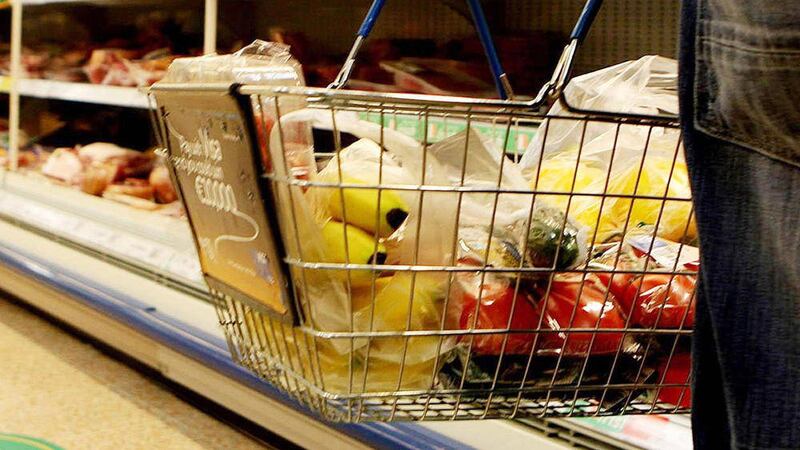SUPERMARKETS are misleading customers with confusing pricing promotions that could be against the law, a competition watchdog has found.
The Competition and Markets Authority (CMA) said it had found "areas of poor practice that could confuse or mislead shoppers" and was taking measures to help make sure grocers complied with the rules.
It warned of enforcement action where there was evidence of breaches of consumer law.
The report comes after a three-month probe sparked by a complaint from consumer group Which? that raised concerns about confusing and misleading promotions and a lack of easily comparable prices.
Nisha Arora, CMA senior director for the consumer sector, said: "We have found that, while supermarkets want to comply with the law and shoppers enjoy a wide range of choices, with an estimated 40 per cent of grocery spending being on items on promotion, there are still areas of poor practice that could confuse or mislead shoppers.
"So we are recommending further action to improve compliance and ensure that shoppers have clear, accurate information."
The CMA found that the problems raised by the investigation were "not occurring in large numbers across the whole sector" and that retailers were taking compliance seriously.
It also said more could be done to reduce the complexity in the way individual items were priced.
The CMA said it would work with businesses to cut out potentially misleading promotional practices such as "was/now" offers where a product is on sale at a discounted price for longer than the higher price applied.
In addition it has called for new guidelines to be issued to supermarkets and has published its own "at a glance" guidance to help consumers.
The probe gathered information from retailers, manufacturers, consumers and advice bodies, as well as commissioning data and surveys on pricing practices in the industry, which was worth between £148 billion and £178 billion in 2014.
A so-called "super-complaint" by Which? in April had raised concerns focusing on key issues of potentially misleading special offers, individual unit pricing, price-matching schemes and changing pack sizes.
Which? executive director Richard Lloyd said: "The CMA's report confirms what our research over many years has repeatedly highlighted: there are hundreds of misleading offers on the shelves every day that do not comply with the rules.
"This puts supermarkets on notice to clean up their pricing practices or face legal action.
"Given the findings, we now expect to see urgent enforcement action from the CMA. The Government must also quickly strengthen the rules so that retailers have no more excuses.
"As a result of our super-complaint, if all the changes are implemented widely, this will be good for consumers, competition and, ultimately, the economy."
Which? said it had found evidence of misleading and confusing promotional practices including a two-litre bottle of Pepsi Max advertised at £1.98 for 28 days but then on a £1 "was £1.98" offer for 63 days.
It also said "unit pricing" allowing comparisons between products needed to be made more legible.
For example, some sauces in supermarkets were priced per 100ml and others per 100g, making it impossible to make a price comparison.
Retail ombudsman Dean Dunham said: "Given the level of complaints we have received in relation to supermarket pricing and offers, the CMA's report on this subject comes as no surprise.
"The problem is that the current rules are merely guidelines, which present retailers with a lot of wriggle room. And consumers find it very hard to present concrete evidence that retailers have failed to offer products at one price for the statutory number of days before reducing them. They don't walk around with time-dated digital cameras strapped to their heads.
"What the report really highlights is a total lack of regulation in this important area. Consumers should never be misled and it should always be clear what they are getting for their money and how good a deal they are getting.
"I would urge the CMA to take appropriate enforcement action and Government to address this long overdue issue as a matter of urgency. Of all the complaints we receive across the entire retail industry, 1 per cent relate specifically to supermarket special offers."








